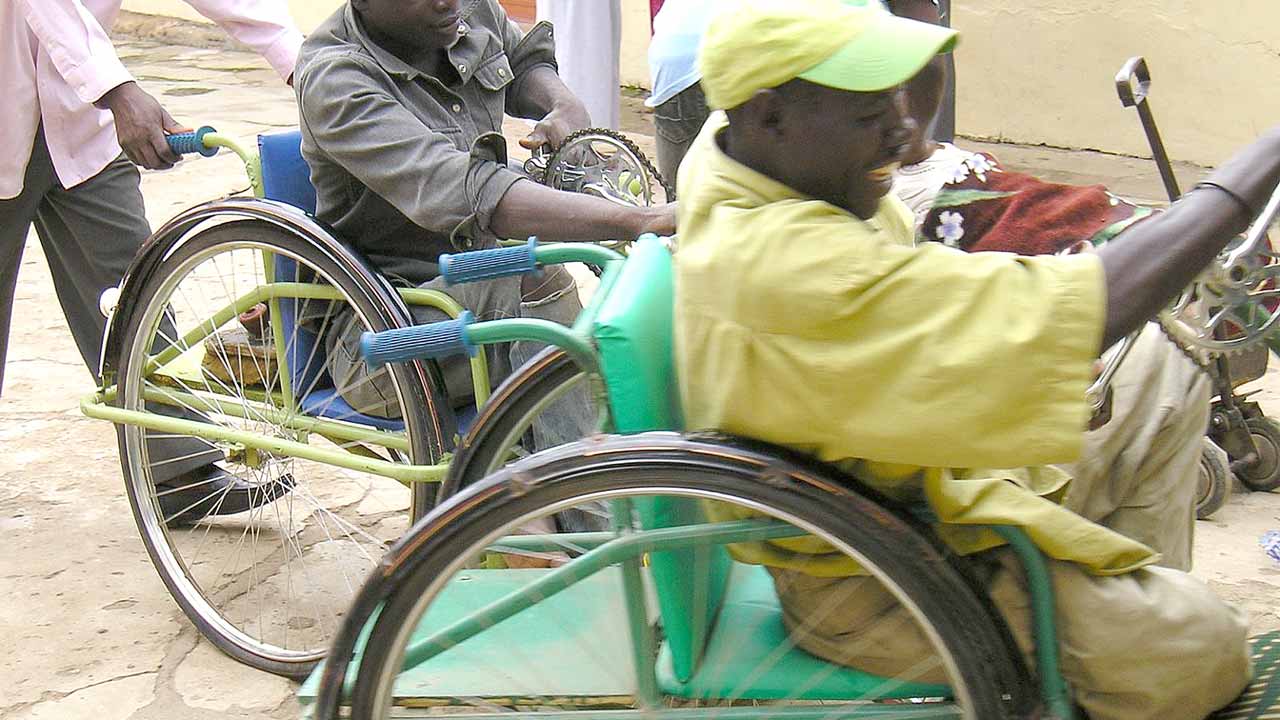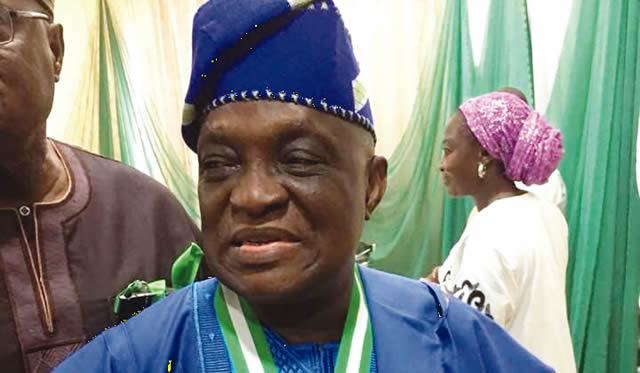
A WHO statistic affirms that 16 per cent of the global population experience a significant disability today. Recognising this fact, the United Nations set aside a day every year as the International Day of Disabled Persons (IDDP). With its major goals as equalising opportunities, increasing public awareness, preventing the occurrence of disabilities and rehabilitating people with disabilities, the UN observes December 3 as the International Day of People with Disabilities.
This day every year is observed to further raise awareness and call the attention of the government and citizens to the situations of the individuals living with disabilities. It is a time set apart to promote the rights and well-being of people in this category. The theme for 2024 is “Amplifying the leadership of persons with disabilities for an inclusive and sustainable future.”
Despite the similarities in the manner of acquisition of disabilities, the living conditions of people living with disabilities globally are far different from one country to another. The strategic plans and support facilities available in each community and country is what makes a difference between social inclusion and social ostracism. While several nations around the world have participated in different policy drafting and adoption to improve the living conditions of the disabled and ensure independent living, the most important action which is the implementation of such policies is missing in Nigeria.
With a keen observation and the personal experience of disability of this writer, it is evident that many things pertaining to disabilities are inappropriate about Nigeria. Year after year Nigerians who are neither disabled nor have any experience of disabilities are sent to represent the country at international conferences where sensitive issues about disabilities are discussed.
How can such people feel the pain where it pinches? Little wonder that upon their return and because they are not directly affected, such well-meaning global policies die a natural death. This alligns with the American slogan on disability, “Nothing about us without us.” It is totally unthinkable to decide issues about us while excluding us. And this supports why Nigerians with disabilities continue to be ignored and neglected. They remain poor and unheard. Their needs, feelings and experiences are hardly acknowledged. They are often misunderstood, framed as inferior and so unacceptable to the society. This general negative attitude results in making living humiliating and traumatic to persons living with disabilities in Nigeria.
Disabled Nigerians have no social protection. This makes them vulnerable and exposes them to several unbearable treatments. By a simple observation it is obvious that disability is expensive to maintain. The economic conditions of such people should therefore be improved to make coping easy for them.
Living without a disability in the present day Nigeria is very challenging. To relate that to living with any form of disability, especially mobility impairment is a big deal. For lack of definitive legislation, Nigerians with disabilities are unprotected and so remain defenseless. These individuals are generally marginalised in the area of transportation, housing, employment and politics. Their socio-economic conditions remain poor as they live in abject poverty with experience of different forms of abuse.
Nigeria was a signatory to the Article nine of the United Nations Convention on the Rights of Persons with Disabilities in 2007. This commits signatories to provide for full accessibility in their various countries. This relates to providing ramps for wheelchair users at banks and other public places, elevators, braille signage and sign language interpreters for news and other important information, especially for the purpose of public health in the society.
The purpose of disability access is to improve the living conditions of the disabled people. It is essential to provide inclusion for them in the area of education, employment, recreation, housing, transportation as much as empowering them to exercise their right to participate in politics. It is pertinent to mention that Disability Access cannot be achieved without a legislation.
Through different national legislations, various countries have provided physical accessibility to promote full inclusion for their citizens with disabilities. America established the Americans with Disability Acts (ADA) in 1990, mandating both public and private business to be accessible.
The United Kingdom legislation made provision for the Equality Act in 2010. South Africa made provision for Promotion of Equality and Prevention of Unfair Discrimination Act in 2010 while Canada, Australia, Norway and different other countries have legislative provisions to support their citizens with special needs in order to promote independent living.
This is what Nigerians with disabilities are hoping they will be remembered with sometime soon. It is by this they can gain equal access to social, economic and political life.
The writing of this article is to appeal to the Nigerian society that anything can be modified to accommodate the needs of people with disabilities thereby providing inclusion for them to live a decent and fulfilled life. To achieve this, barriers to participation have to be removed.
Providing disability access to public and private space, termed as universal design by the United Nations, is more crucial now than it has ever been because you never know who will eventually need it. With poor roads and daily occurrence of automobile accidents, with a very harsh economy that make people attempt dangerous tasks to make ends meet, a great addition is made into the disability population on daily basis.
As Nigeria joins the global world to mark another year of the disabled people, it is our sincere hope that living an independent life despite a disability will be achievable. Great efforts must be channeled towards disability prevention. Public health services must facilitate early screening of childhood diseases, early diagnosis and intervention.
Qualified individuals with disabilities should no longer suffer job discrimination and those employed should be retained as long as they are relevant. Work place policies must provide reasonable accommodation for disabled workers.
Does anyone feel the pains of Nigerians with disability when they face accommodation issues? Adaptive technology simply interpreted as modification of existing devices or the creation of new uses should be enforced to enable a persons with disability complete their daily tasks.
For Nigerians with disabilities to live a fulfilling and independent life, the barriers that limit them such as physical barriers in respect to the environment and structural inaccessible designs, systemic barrier that excludes their needs from the policies, practices and laws, the attitudinal barriers of stigma, discrimination, pity, and inferiority and communication barriers for the hearing impaired and the blind will all have to be removed.
This is what we cry that the Nigerian government will emulate from western countries as another World Disability Day is being celebrated because this apparently abandoned population, if adequately supported and provided for have the capacity to contribute meaningfully to national development.
Alonge has physical disability with confinement to a wheelchair. With a Ford Foundation scholarship she obtained a Masters degree in Social Work at the Graduate School of Social Work at the University of Denver. She is a Disability Rights Advocate.






